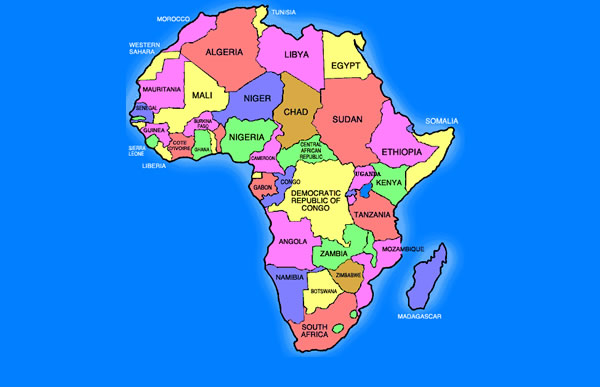
Dr Moeti said this results from weak health systems characterised by inadequate health infrastructure; poorly designed policies to limit financial barriers to health services; shortage of qualified health workers; inadequate access to quality medicines, medical products, and innovative technologies.
She said this in her message to commemorate the World Health Day 2023 and the WHO’s 75th Anniversary.
WHD is celebrated annually on April 7 and each year draws attention to a specific health topic of concern to people all over the world.
The theme for this year is ‘Health For All.’
Moeti noted that Universal Health Coverage represents the aspiration that quality health services should be received by everyone when and where needed, without incurring financial hardships.
“UHC is the tool by which health for all is achieved. Beyond health and wellbeing, UHC also contributes to social inclusion, gender equality, poverty eradication, economic growth, and human dignity.
“Although most Member States in the African Region have integrated the attainment of UHC as a central goal of their national health strategies, progress remains varied in translating this progress into equitable and quality services as well as increasing financial protection for the population.”
She said the COVID-19 pandemic, health emergencies, and worsening climate situation negatively impact efforts to accelerate progress towards UHC. The pandemic caused widespread disruptions to essential services.
“Health emergencies, many of which are driven by climate change, often disrupt access to safe water and sanitation services, increasing the risk of waterborne and vector-borne diseases.
“Strengthening health systems based on strong primary health care is crucial to building back better and accelerating progress towards universal health coverage and health security. Financial investment in PHC oriented by the building blocks of health systems, particularly a health workforce, health infrastructure, medicines and health technologies, should be supported and guided by evidence.
“Ensuring additional investment to improve financial risk protection, addressing inequities, and building the resilience of national health systems in the post-COVID era are critical to our efforts to accelerate progress towards UHC in the African Region,” she noted.
She urged stakeholders to play roles in ensuring that political commitment is translated into evidence-based policies, strategies and plans in achieving the 2030 UHC target.





